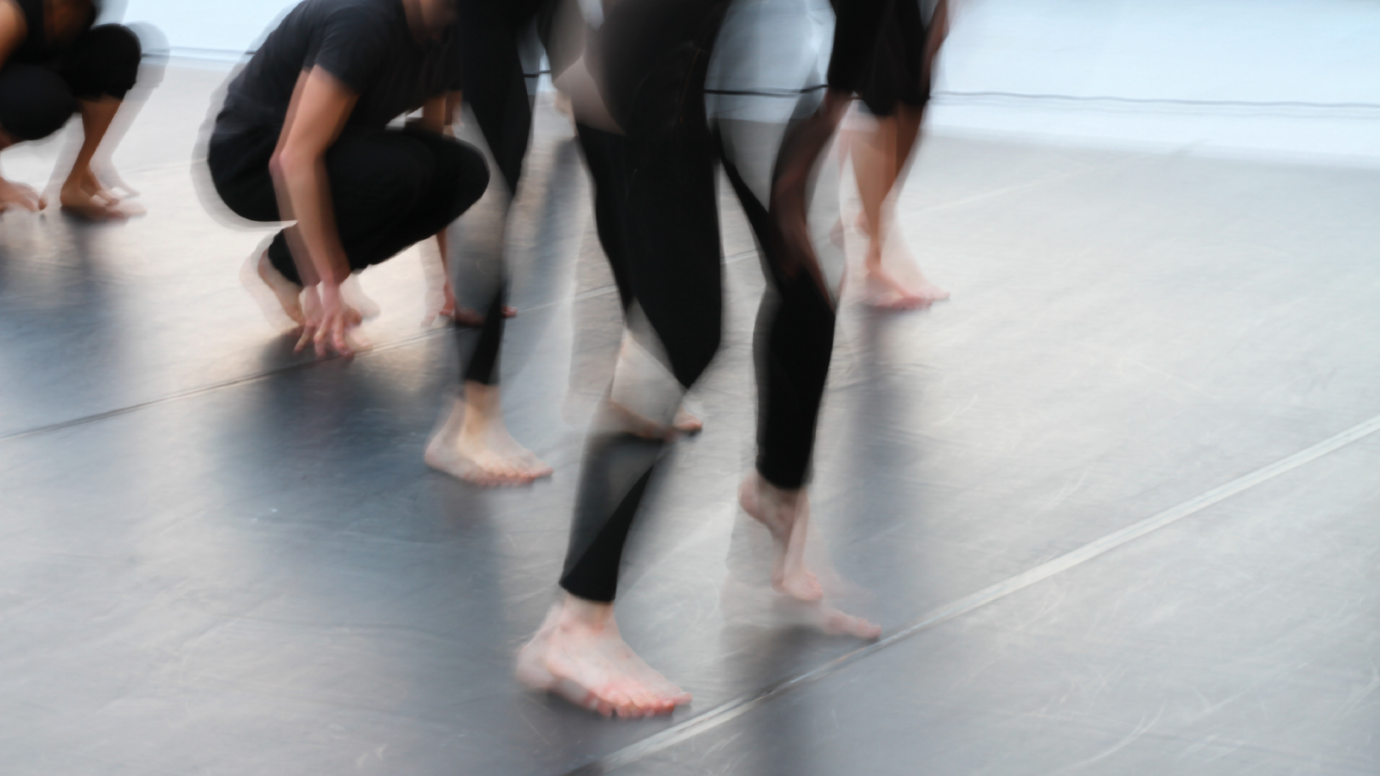The report is the result of the work of the EU Open Method of Coordination (OMC) group of Member States’ experts on ‘The status and working conditions of artists and cultural and creative professionals’. The group worked in a cross-sectoral way and included experts in the field of culture as well as experts in areas of employment and social and economic affairs, and included experts from all 27 Member States. It was convened by the European Commission in 2021–2023 and in 6 plenary meetings and many exchanges inbetween formulated a set of to advance further policy learning and development. The report examines in detail the following aspects of artists’ and creative sector professionals’ working conditions: artist status and social security, fair practice, skills and life-long learning and artistic freedom. The report also includes case studies and recommendations and, as a separate document, an executive summary.
The report tries to increase information, transparency and comparability of governmental measures supporting artists and cultural and creative professionals. This can be a turning point and, building upon previous work by Europe-wide network organisations, can help towards better and informed policymaking. As illustrated in this report, there is a wide range of diverse systems across the EU. It is not the intention to promote one particular solution as ideal, but to provide an overview of different measures and systems. The report provides a collection of good practices for advancing further policy learning and development, as well as policy recommendations.
In line with the mandate of the OMC group, the findings of the report and its recommendations are focused around four key areas:
- Artist status and social security
- Fair practice
- Skills and lifelong learning
- Artistic freedom
Cross-sectoral topics such as cross-border mobility, gender and diversity, the digital and green transitions, and lessons learnt from the COVID-19 crisis were included in the consideration and discussions.
Read the Executive Summary here
Read the Full Report here








